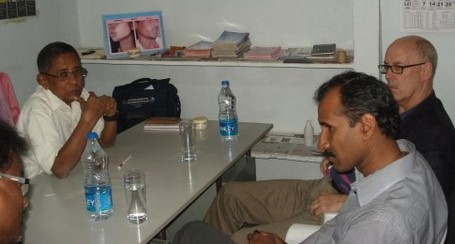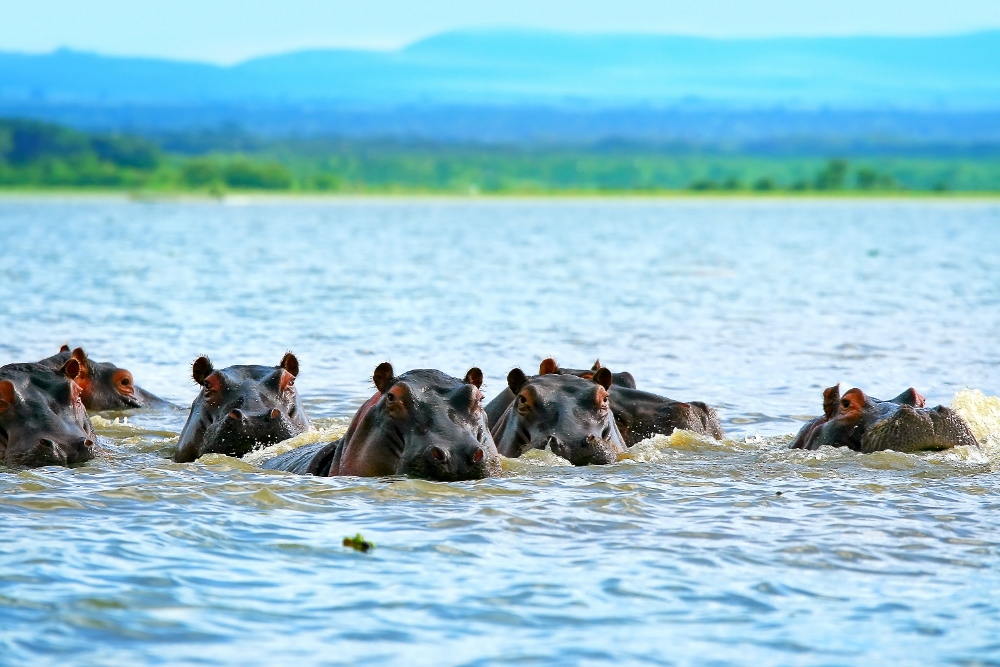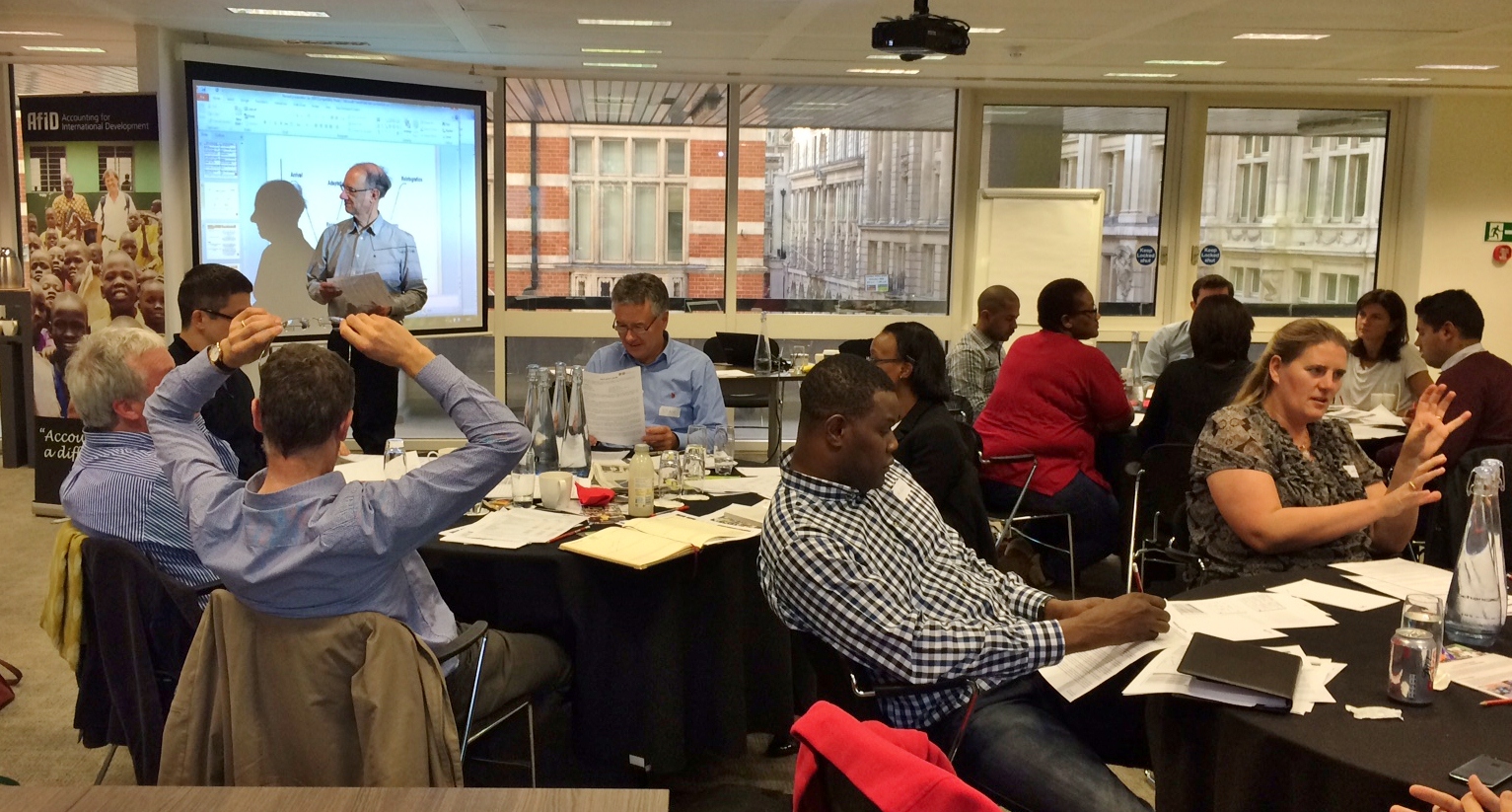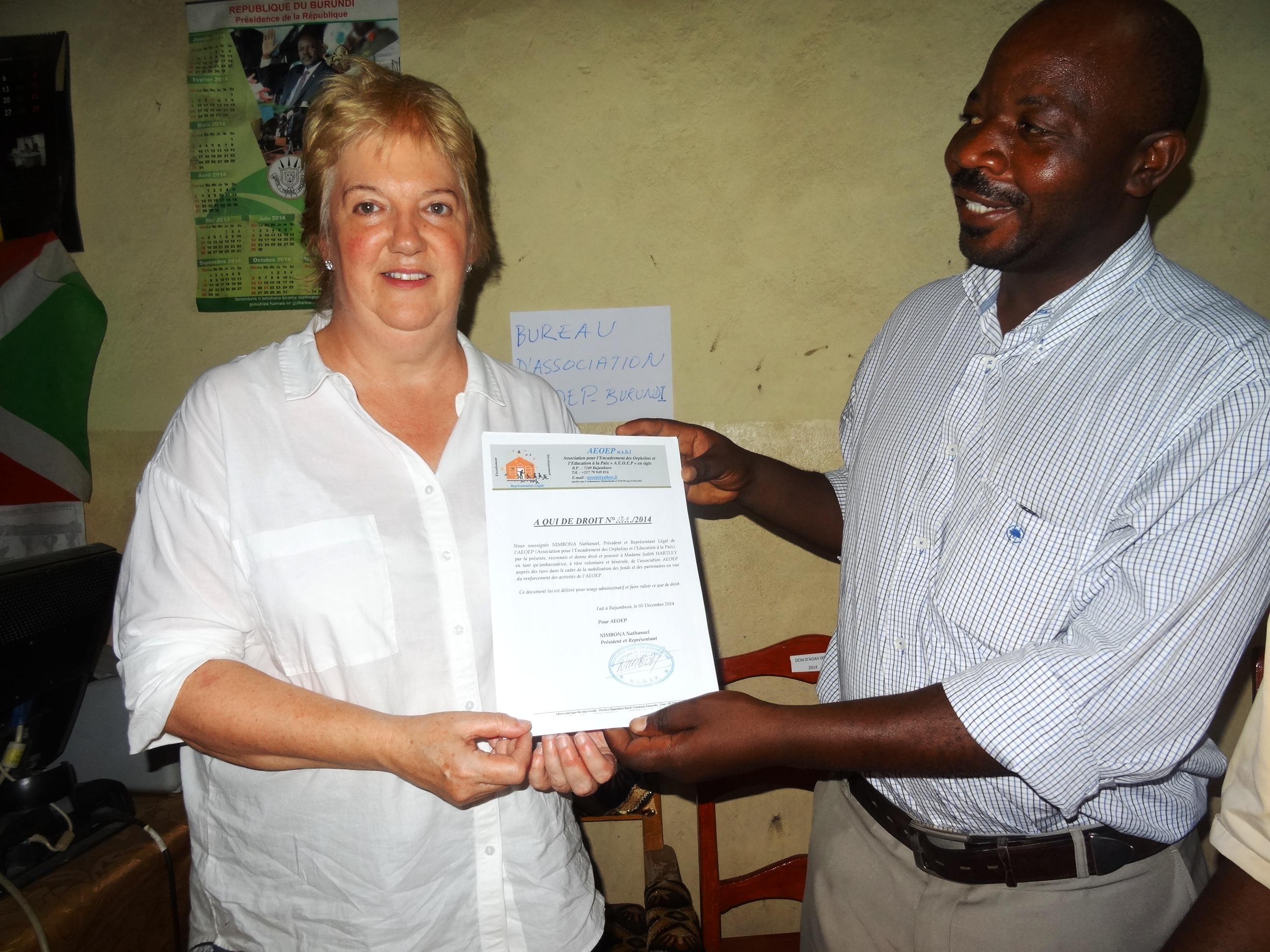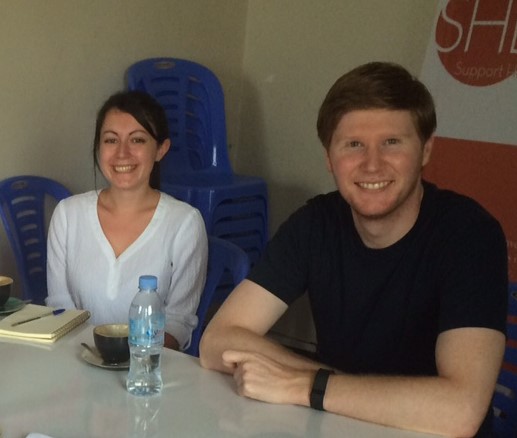“You can’t change the world but you can make a difference.”22.09.2016
Four years after his first AfID assignment, ACA Howard Mason is about to embark on his SEVENTH project later this month. Howard, who had a highly successful career in international transformation, finance and IT before retiring in 2012 will be supporting Paz y Esperanza in Peru, a human rights organisation dedicated to defending and promoting justice. His latest posting follows assignments in Cambodia, Uganda, India, Ecuador, Rwanda and Honduras.
We caught up with one of our most experienced volunteers before he set off to hear his unique insights and to find out why he keeps coming back for more!
“This is not the place to try and explain how culture and lack of work in a secure environment affects communities and families - others do that better - but I have seen the effects of poverty and different cultures on women and girls, how preventable diseases are not being prevented and how properly paid work in a secure environment makes such a difference.
“I first had contact with AfID in 2012 and started thinking of how I might make my own small, unpaid contribution to NGOs. They helped me find my first contact, a recently established NGO in Siem Riep, Cambodia, which helps orphaned children in their late teens find work in the hospitality industry.
“Since then I have been involved through AfID in several NGOs in Africa, Asia and Latin America. Although NGOs look to AfID for help for a variety of reasons they are mostly in my experience small in nature with income of less than US $400k pa. They have often been set up by individuals from Europe or US who have been moved by what they have seen while travelling or living in the country.
“Not surprisingly, they tend to lack professional expertise in financial management, project management and website development and do not have the funds to pay for the necessary technical help. There is a slightly desperate Country Manager trying to sort all this out.
“On two of my assignments the Country Manager was in tears (of relief) that there was at last someone there to help. The main help I have given has usually been in ensuring petty cash is controlled, bank accounts are reconciled and monthly financial reports are produced using Excel, Quickbooks or Xero depending on size and capability of the NGO.
“Also, and it is not just small NGOs that find this a problem, I have introduced some attempt at formal measurement of what is being achieved: how many children are being educated in a year or have been helped to find employment etc.
“Even to accountants a lot if this is not very exciting but it is where we can be helpful.
“Volunteering in less developed countries has given me experiences I would never have had as an ordinary visitor. There are so many issues to confront in countries which have recently endured genocide like Cambodia and Rwanda. Remarkable progress has been made and the NGOs I worked with are making a difference but there is always a shadow and it is complex to work with and help those who have survived.
“In Kigale there was a Saturday afternoon where some forty young people, a mixture of Hutus and Tutsis were gathered for an afternoon of games. Lots of noise and laughter. The majority were orphans but were getting government provided education and health care through the NGO and being taught social responsibility in a structured way so that, hopefully, genocide will not happen again.
“Other assignments in Latin America and India have been in places where the challenge is the threat from poverty. There is no welfare state in these countries.
“I enjoyed a homestay with a large and complicated, extended family in the Cangrejal valley in Honduras with no one speaking English. I have now started learning Spanish and recently sat my first three-hour public exam in thirty years. Result pending.
“In Ecuador I attended the annual Christmas party for children between three and six. They are looked after during the day – fed and taught for $5 pcm - so their parents can work. It was fascinating to see the parents. The children were excited but in most cases their eyes were dead. They are though, being helped and have the chance to escape raw poverty.
“In Hyderabad I spent the morning in a leper clinic watching people with shortened toes and fingers being treated. It is still unclear how leprosy is caught but symptoms can be halted with a cocktail of drugs. The patients had travelled in some cases hundreds of miles and the women who were not alone were with their sisters because they could not tell their husbands.
“These are just some of the great experiences I have had while being able to make a positive contribution to the work of NGOs.
“My advice to anyone thinking of volunteering is to make sure you are clear what you are trying to achieve. Document it and discuss it by Skype before you leave. Write a precise report with clearly defined actions and responsibilities and follow up with Skype calls after your visit.
“You can’t change the world but you can make a difference.”
